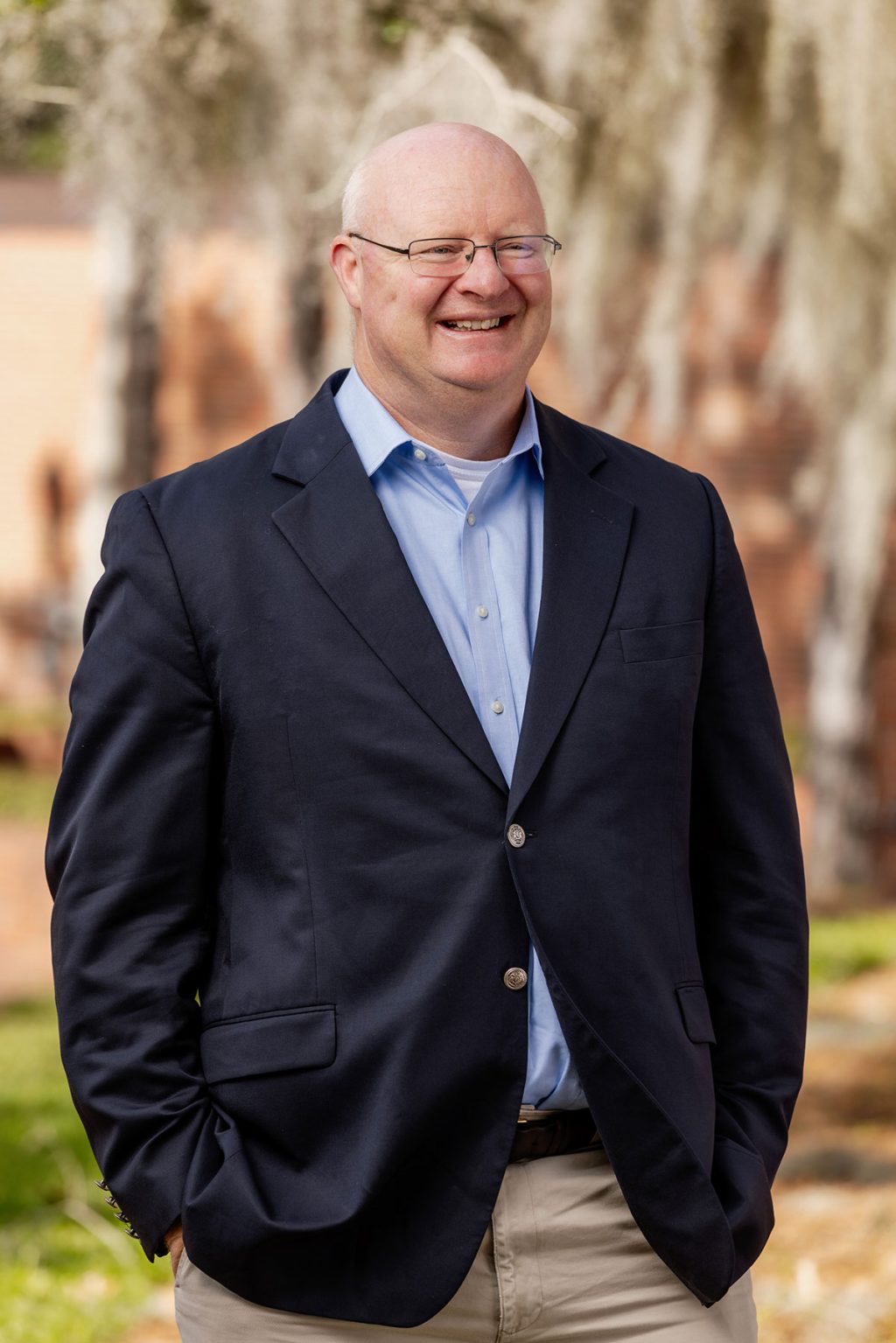
William Inboden is Professor and Director of the Alexander Hamilton School for Classical and Civic Education at the University of Florida, and Peterson Senior Fellow with the Kissinger Center for Global Affairs, Johns Hopkins School of Advanced International Studies. He previously served as William Powers, Jr. Chair and Executive Director of the Clements Center for National Security, Associate Professor at the LBJ School of Public Affairs, and Distinguished Scholar at the Robert S. Strauss Center for International Security and Law, all at the University of Texas-Austin. Inboden’s other current roles include Associate with the National Intelligence Council, member of the CIA Historical Advisory Panel, presidentially-appointed Commissioner with the U.S. Commission for the Preservation of America’s Heritage Abroad, and Senior Fellow with the Trinity Forum.
Previously he served as Senior Director for Strategic Planning on the National Security Council at the White House, where he worked on a range of foreign policy issues including the National Security Strategy, strategic forecasting, democracy and governance, contingency planning, counter-radicalization, and multilateral institutions and initiatives. Inboden’s other government service includes at the Department of State as a Member of the Policy Planning Staff and a Special Advisor in the Office of International Religious Freedom, and as a staff member in both the United States Senate and the House of Representatives. He also served as head of the London-based Legatum Institute, and as a Civitas Fellow at the American Enterprise Institute.
Inboden’s newest book is The Peacemaker: Ronald Reagan, The Cold War, and the World on the Brink (Dutton, a Penguin Random House imprint), an award-winning narrative overview of the Reagan Administration’s Cold War strategy and foreign and defense policies. He is also the author of Religion and American Foreign Policy, 1945-1960: The Soul of Containment (Cambridge University Press), co-editor of The Last Card: Inside George W. Bush’s Decision to Surge in Iraq (Cornell University Press), co-editor of Hand-Off: The Foreign Policy That George W. Bush Bequeathed to Barack Obama (Brookings Institution Press), and has published numerous articles and book chapters on American foreign policy, the presidency, and American history.
Inboden is a life member of the Council on Foreign Relations, and his commentary has appeared in numerous outlets including the Wall Street Journal, New York Times, Washington Post, Los Angeles Times, USA Today, Foreign Policy, Politico, National Review, The Hill, World, Weekly Standard, NPR, CNN, and BBC. He has served as Editor-in-Chief of the Texas National Security Review, lectured widely in academic and policy settings, testified before the U.S. House Armed Services Committee and the US Congress Commission on Security and Cooperation in Europe, and received numerous research and professional development fellowships.
Professor Inboden has received multiple teaching awards including recognition as a “Texas 10” by the Texas Exes Alumni Association, selection as “Lecturer of the Year” at the LBJ School, and his classes Presidential Decision-making in National Security and Ethics and International Affairs were voted as “Best Class in the LBJ School” and “Class Most Likely to Challenge Your Assumptions.” Inboden received his Ph.D. and M.A. degrees in history from Yale University, and his A.B. in history with honors from Stanford University. He lives in Gainesville, FL with his wife and two sons.
“America’s Global Role in the Shadow of the Ukraine Conflict,” chapter in Hal Brands, ed., War in Ukraine: Conflict, Strategy, and the Return of a Fractured World, Johns Hopkins University Press, 2024. Co-authored with Peter Feaver.
“Implementing Grand Strategy: The Nixon-Kissinger Revolution at the National Security Council,” in Elizabeth Borgwardt, Christopher Nichols, Andrew Preston, eds., Rethinking American Grand Strategy, Oxford University Press, 2021.
“Reinhold Niebuhr and George Kennan,” chapter in The Oxford Companion to Reinhold Niebuhr, Oxford University Press, 2021.
“Maybe It Won’t Be So Bad: A Modestly Optimistic Take on COVID and World Order,” in Hal Brands and Francis Gavin, eds., COVID-19 and World Order: The Future of Conflict, Competition, and Cooperation, Johns Hopkins University Press, 2020. Co-authored with Hal Brands and Peter Feaver.
“Wisdom Without Tears: Statecraft and the Uses of History”, Journal of Strategic Studies, volume 41, Issue 7, 2018. Co-authored with Hal Brands.
“Ronald Reagan, Exemplar of Conservative Internationalism?”, Orbis, volume 62, Issue 1, 2018.
“Reforming American Power: Civilian National Security Institutions in the Early Cold War and Beyond,” in Benjamin Valentino and Jeremi Suri, eds. Sustainable Security: Rethinking American National Security Strategy, Oxford University Press, 2016.
“Grand Strategy and Petty Squabbles: The Paradox of the Reagan National Security Council,” in Hal Brands and Jeremi Suri, eds. The Power of the Past: History and Statecraft, Brookings Institution Press, 2015.
“Trying to Look Forward Through the Past: The Role of History in Bush White House National Security Policy,” in Hal Brands and Jeremi Suri, eds. The Power of the Past: History and Statecraft, Brookings Institution Press, 2015. Co-authored with Peter Feaver.
“Statecraft, Decision Making, and the Varieties of Historical Experience: A Taxonomy,” Journal of Strategic Studies, volume 37, Issue 2, April 2014.
“The Prophetic Conflict: Reinhold Niebuhr, Christian Realism, and World War II,” Diplomatic History, volume 38, Issue 1, January 2014.
“The Irony of a Globalizing Future: Economics, Technology, Identity and Religious Liberty”, in Gerard Bradley, editor, Challenges to Religious Liberty in the Twenty-first Century. Cambridge University Press, 2012.
“A Strategic Planning Cell on National Security at the White House,” in Daniel Drezner, editor, Avoiding Trivia: The Role of Strategic Planning in American Foreign Policy. Brookings Institution Press, 2009. Co-authored with Peter Feaver.
University of Florida
Gainesville, FL 32611
UF Operator: (352) 392-3261